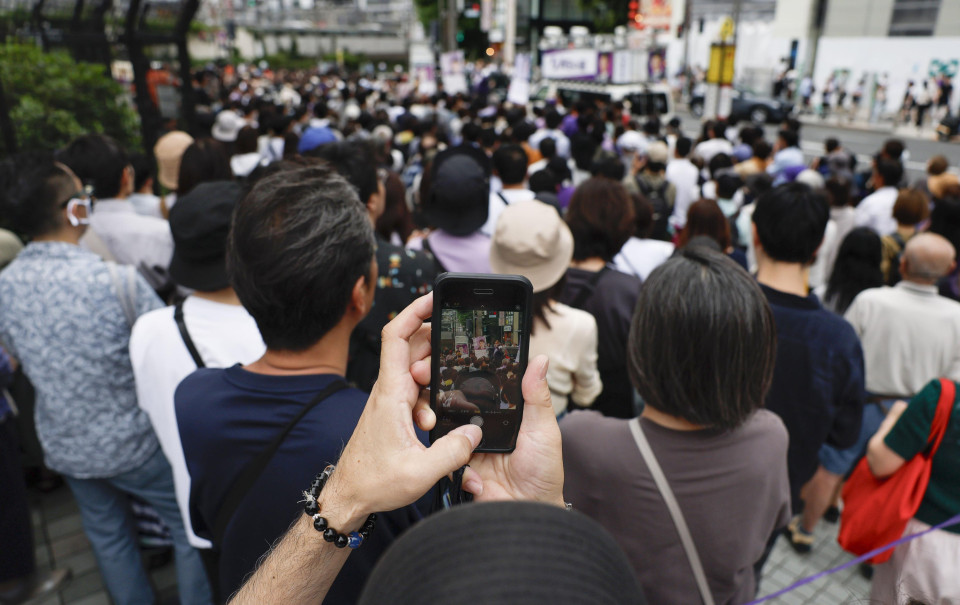Japan’s government on Friday asked major platform operators to help counter harmful social media posts in an effort to prevent disinformation and defamation targeting candidates ahead of a nationwide parliamentary election next month.
The request by the Ministry of Internal Affairs and Communications came as both the ruling and opposition camps emphasized the need to address disinformation during elections, though they have yet to agree how strictly the issue should be regulated.
The ministry asked nine operators, including those of X, formerly called Twitter, and the messaging app Line, to disclose how requests for removing disinformation or harmful posts can be submitted, process them quickly and clarify the criteria used to determine whether to honor them.
Japan is set to hold an election for the House of Councillors on July 20, with campaigning set to begin next Thursday.
The election is seen as a must-win for Prime Minister Shigeru Ishiba, who heads a minority government, and comes amid public frustration over entrenched inflation that has plagued households as wage growth lags behind.
Seven political parties, including Ishiba’s Liberal Democratic Party and the main opposition Constitutional Democratic Party of Japan, said in their joint statement that the spread of misinformation and disinformation “thwarts free and fair elections,” urging operators to take measures to curb schemes that allow purveyors of malicious content to profit.
“We ask voters to confirm the source and accuracy of massive information disseminated via social media,” the parties said.
Under a revised law that took effect in April, operators can remove defamatory posts if there is no objection within seven days of their notifying the account holders. The time frame is reduced to two days for posts concerning elections.
Social media platforms have allowed politicians and their parties to deliver their messages to voters, but they can also be used by bad actors, making the spread of disinformation and misinformation a growing concern.
Still, the rise of social media has presented challenges as the government tries to balance the need for regulation with the constitutional guarantee of free speech.
“We want to discuss the issue more actively in an extraordinary session from this fall,” Hiroshi Ogushi, the CDPJ’s acting chief, said during a joint press conference with other parties.
Related coverage:
FOCUS: Tokyo rebuke puts Ishiba at risk in national election
FOCUS: Japan pushes preemptive cyber defense, calls on firms to act
FOCUS: Rice price cut rush puts Koizumi, ex-Japan PM son, back in spotlight


AloJapan.com